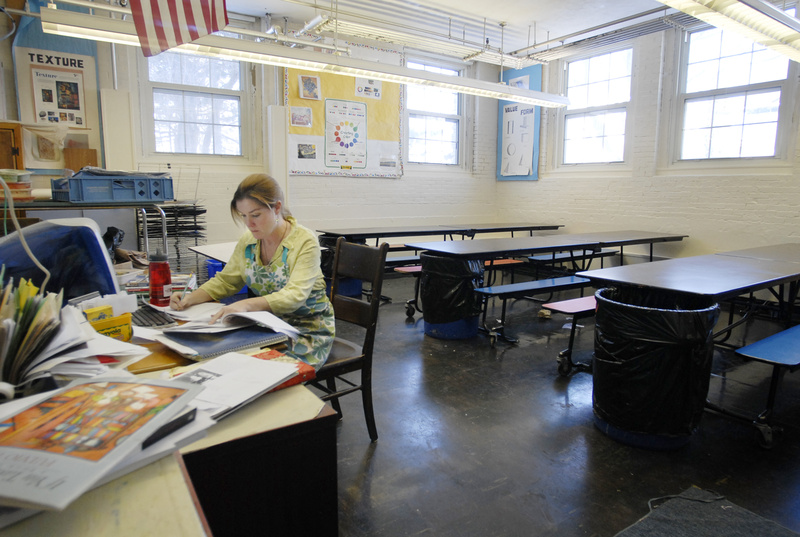School administrators and local elected officials are expressing great concern about what one state official called the financial “cliff” districts are facing in the coming year.
School support from the state has been essentially flat overall since 2008, with some districts suffering declines in aid due to changed circumstances that affected their levels of support under state funding formulas.
Nevertheless, when there is no alternative, those affected are going to have to do the best job they can under straitened circumstances.
Two factors combine to make the coming year especially hard for K-12 education funding. First, because a three-year program of federal economic recovery money is running out in June, the state is looking at a $60 million drop in the present level of support. The odds of a new round of federal aid appear nonexistent, considering the changes Congress went through in the last election.
Second, Maine is still looking at a projected revenue shortfall of about $850 million over the next two-year budgetary cycle. While Gov. LePage and some lawmakers say they will do everything they can to keep school funding as high as possible, they also say that tax increases are out of the question. So, even the $877 million that the state Department of Education spent in local aid may not be secure in the coming year.
In the words of Stephen Bowen, the governor’s senior policy adviser, while LePage “wants to fill that (revenue) hole,” how much will be available “depends on what savings can be generated elsewhere. It’s unrealistic to think we can (fully) replace that money.”
Some systems, however, are better off than others because last year’s grants came with the option of saving some or all of the total for the coming year, which some schools have done.
Still, even those districts don’t expect to be able to avoid reducing staff and cutting back programs, and many administrators are saying that the easy cuts have already been made.
But all that means is that harder decisions still have to be faced, and implemented. One option remains, however. Officials convinced that their schools will be irreparably harmed can always go to local taxpayers and ask for school-specific property tax increases. In some places, they may even get them.
Send questions/comments to the editors.



Success. Please wait for the page to reload. If the page does not reload within 5 seconds, please refresh the page.
Enter your email and password to access comments.
Hi, to comment on stories you must . This profile is in addition to your subscription and website login.
Already have a commenting profile? .
Invalid username/password.
Please check your email to confirm and complete your registration.
Only subscribers are eligible to post comments. Please subscribe or login first for digital access. Here’s why.
Use the form below to reset your password. When you've submitted your account email, we will send an email with a reset code.